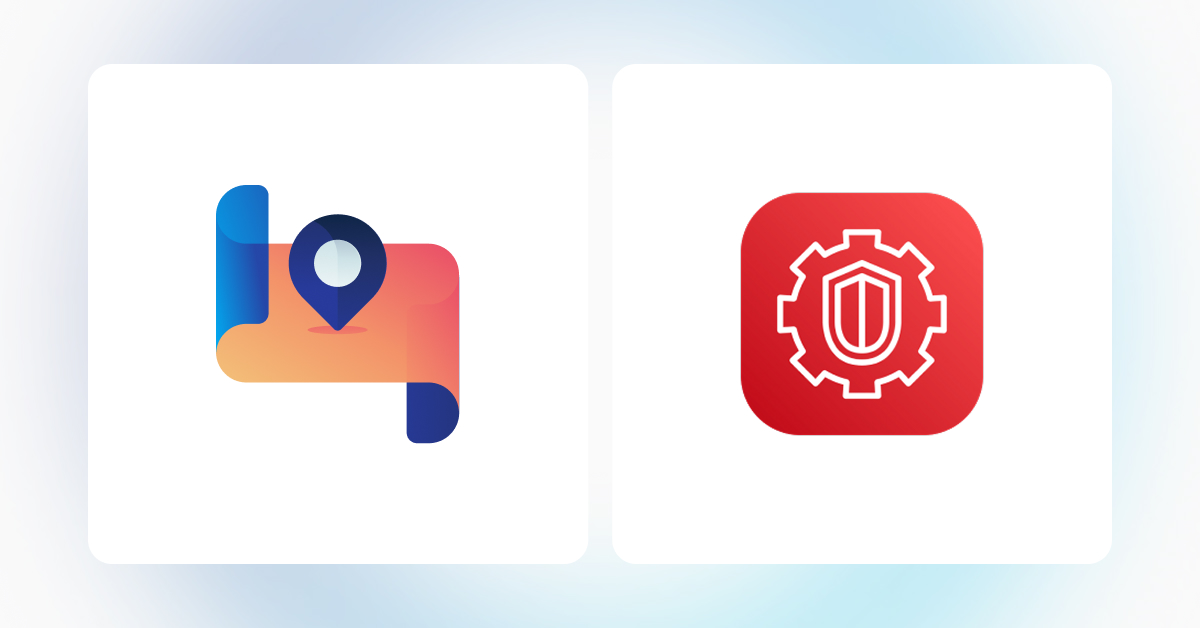

A Malfunction Led ChatGPT To Expose Prompts In Surprising Locations, Recent Reports Suggest
This isn’t the first instance where OpenAI has been in the spotlight regarding personal and private interactions with its AI chatbot inadvertently spilling over into unintended areas. However, this may be one of the more captivating reports we’ve encountered, as these allegations indicate that ChatGPT conversations were actually surfacing in Google Search Console (GSC), making individuals’ private inquiries to the AI accessible to anyone utilizing the Google platform.
For those unfamiliar with GSC, it’s primarily a mechanism that enables developers to track search traffic. Therefore, it’s obviously not where one would anticipate their conversations with OpenAI’s chatbot to appear. Fortunately, a report from Ars Technica mentions that this complication has been addressed, and OpenAI states that it was due to a glitch that only impacted a “small number of search queries” being funneled through GSC, where they were visible to others.
This specific problem could be linked to allegations that OpenAI was scraping Google to respond to user prompts. While OpenAI neither confirmed nor denied this theory, Jason Packer, the proprietor of the consulting firm Quantable — which was among the first to highlight the issue in October — noted in the firm’s report that this activity could help clarify why these queries appeared in GSC.
AI chatbots are not entirely private
Although OpenAI claims it has rectified the situation, Packer appears skeptical that it has fully resolved, particularly if OpenAI is indeed scraping Google for responses. Online scraping has emerged as a convenient method for AI companies like Perplexity to assist in uncovering answers to the inquiries made by users, and some have even faced legal repercussions for unlawfully scraping sites that have prohibited such practices.
Like many of the challenges faced by chatbots such as ChatGPT — including demands from the legal system to disclose complete chat histories in certain legal matters — this serves as yet another reminder of the continuously evolving risks associated with online chatbots and their growing role in our lives. Some individuals have started to depend on ChatGPT and other AI chatbots as substitutes for friends or even therapists. While OpenAI has adopted more stringent positions on this, particularly following a lawsuit from parents of a deceased teenager, problems persist.
Engaging with an online chatbot lacks privacy, and you hold little control over the distribution of your data after entering it into the query system. Therefore, if you intend to use ChatGPT or any AI chatbot frequently, exercise caution regarding what you disclose, as those prompts might just find their way to places they should not be.